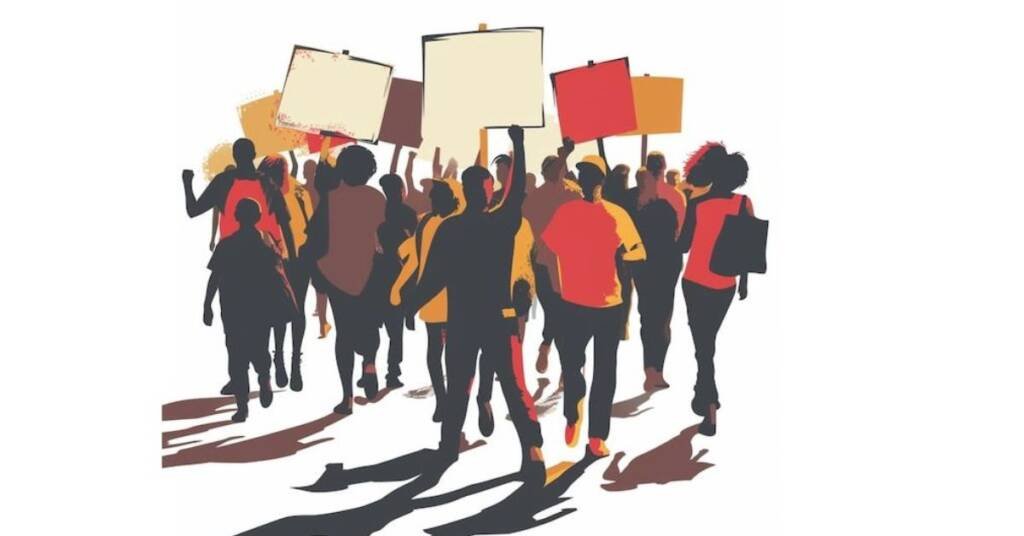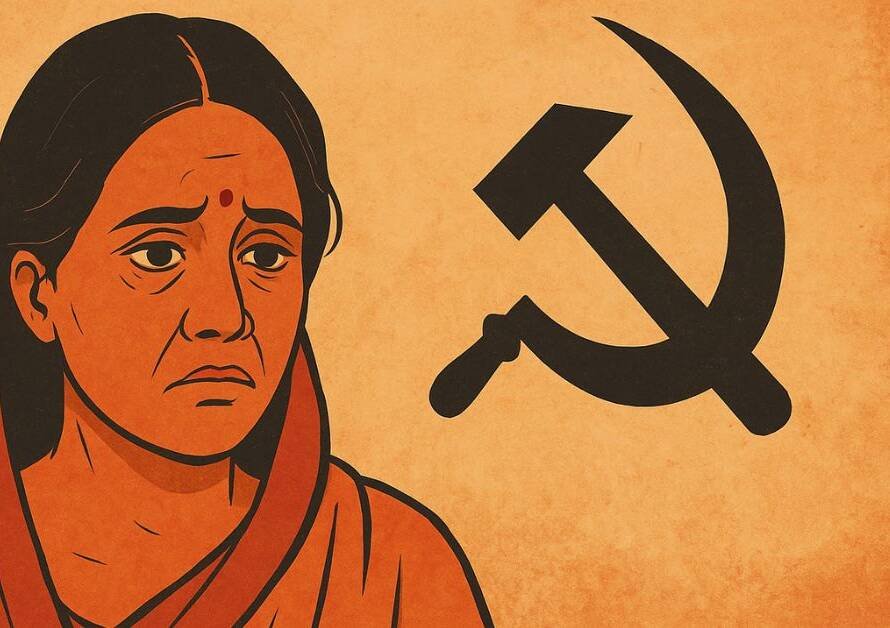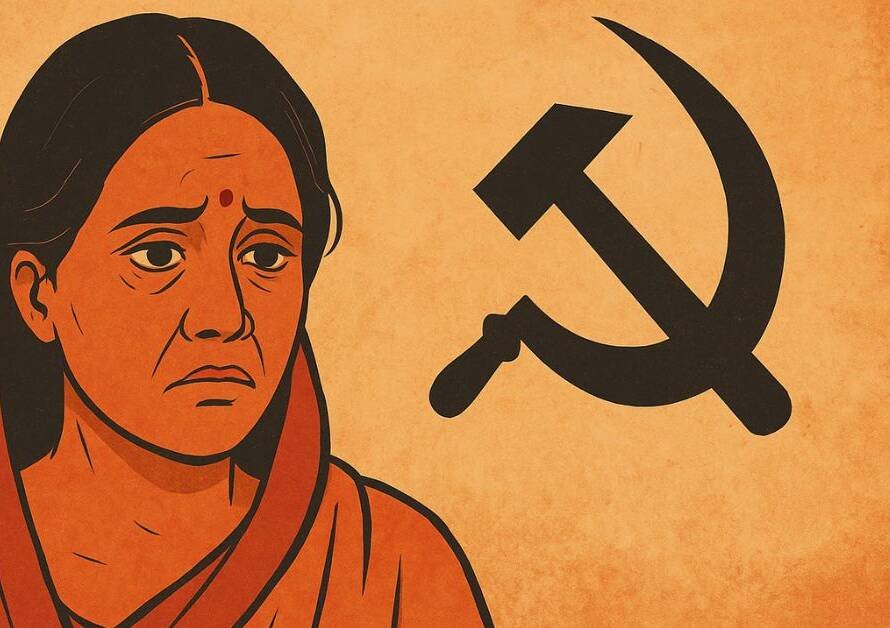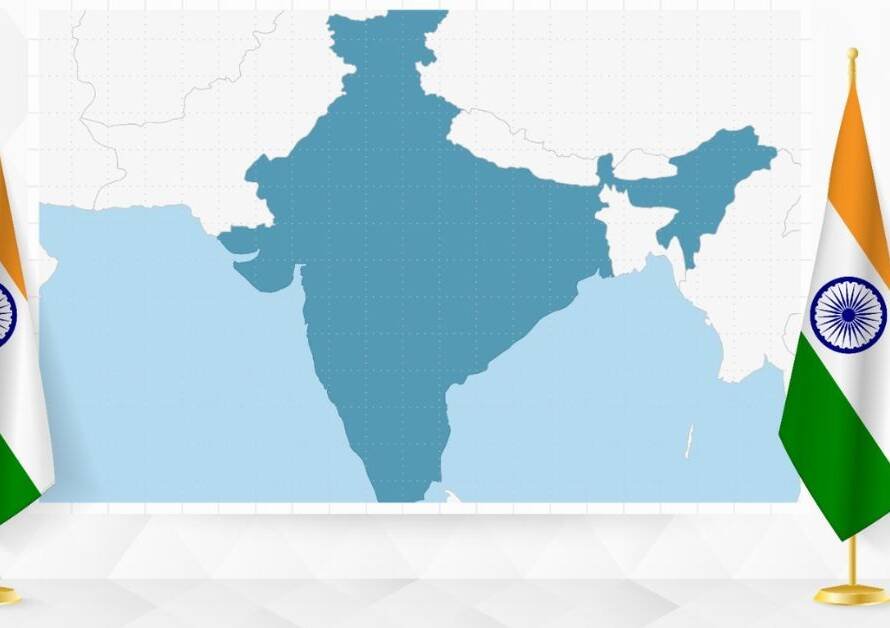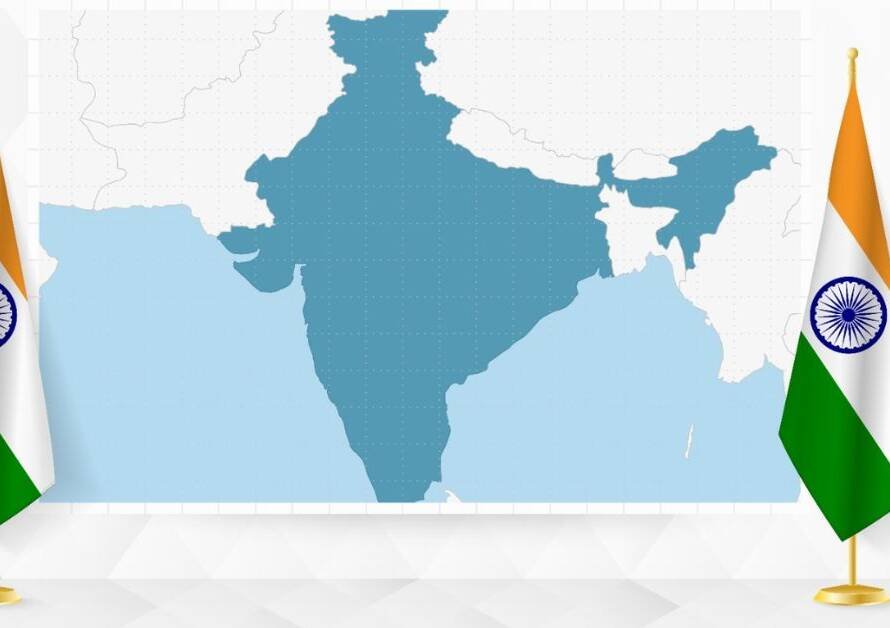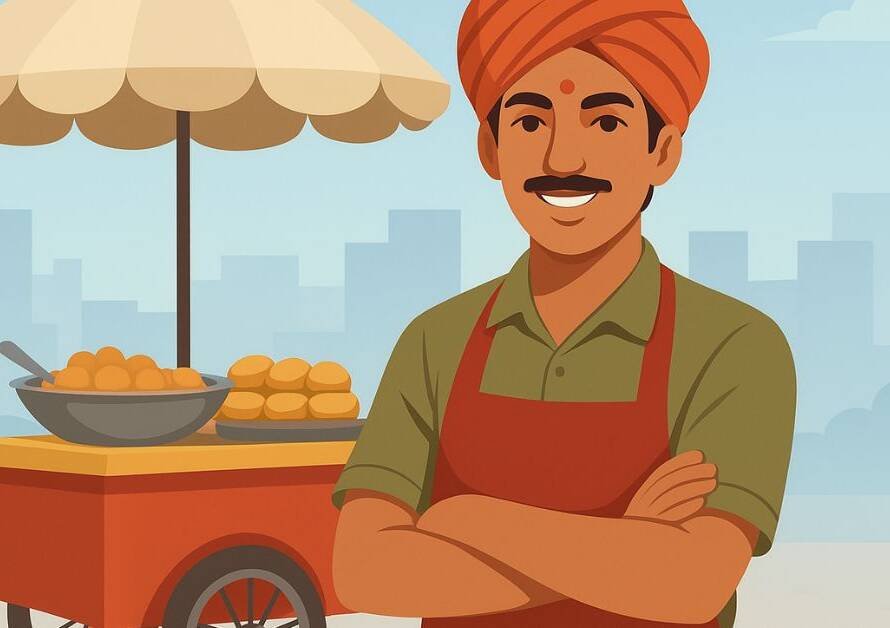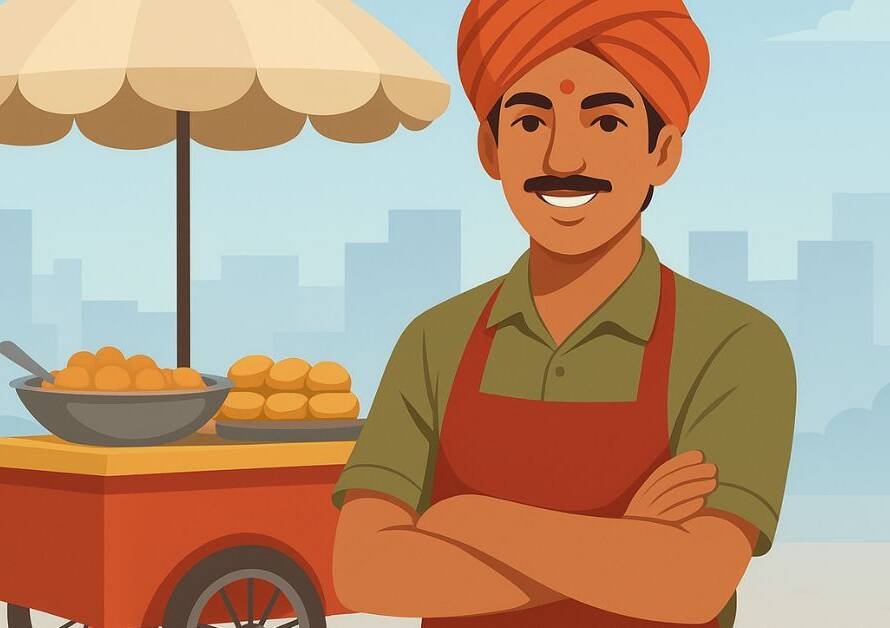Childhood Memories and the Bajaj Chetak
During my childhood, we had a Bajaj Chetak scooter at home—a prized possession back then. Though I’m unsure how good it was for its time, its 175cc engine certainly had powerful pickup.
Until high school, I rode a bicycle to school, but during my intermediate years (+2), I occasionally took my father’s scooter to college.
One day, I casually rode it to college when a close friend urgently needed to go home—perhaps to fetch some books. Since he was dear to me, I gave him the same advice my father always did: “Drive carefully!”
Just 5-7 minutes later, he stormed back, furious—
“Brother, is this a vehicle or a horse? When I apply the brakes, it speeds up even more!”
I laughed and reasoned, “A vehicle moves with the accelerator, not the brakes! You must have twisted the accelerator accidentally!” But he insisted, “Try it yourself and you’ll see!”
Curious, I started the scooter and sped off. When I applied the brakes—I was shocked! Instead of slowing down, it accelerated!
Somehow, chanting God’s name, I managed to stop and took it to a mechanic. He checked and explained—
“The brakes aren’t faulty, but the wire has loosened, reducing braking power.”
Mindset: The Game of Perception
On my way back, I kept thinking—How could a vehicle speed up when brakes are applied? Then I finally understood—
“Our brain is conditioned to expect that when we apply the brakes, the vehicle must stop. But when the expected outcome doesn’t happen, it feels like the vehicle is accelerating!”
In reality, the scooter wasn’t speeding up—the brakes were just too weak to stop it quickly.
There can be several reasons for weak brakes—
- The brake shoe might be worn out
- Brake oil might be low
- The brake wire might be loose
But this isn’t just about a scooter. The same psychology applies to society, politics, and religion.
Brakes and Speed in Politics
Today, many people believe that “after the BJP government came to power, appeasement and favoritism have increased!”
But that’s not true. The government is functioning as usual, but people’s expectations and perceptions are different.
Those who thought that “as soon as BJP came to power, India would become a Hindu nation” expected a drastic change. When things didn’t unfold exactly as they had imagined, they felt like Modi’s brakes had made the vehicle speed up instead of slowing it down!
However, the reality is different—
- Where terrorism was once at its peak in Kashmir and India, and bomb blasts were a daily occurrence—it has now stopped.
- The Hajj subsidy, which used to cost billions, has been completely abolished.
- Government residences, once used for Iftar parties, now host ‘Kanya Pujan’ and Diwali celebrations.
- India’s identity, once associated with the Taj Mahal and Qutub Minar, is now being reshaped with the grand Kashi Corridor, Mahakal Corridor, Ayodhya’s Ram Mandir, and the world’s largest Krishna temple in Vrindavan.
Yet, some people still ask—
“Brother, why does the vehicle feel like it’s accelerating even after applying the brakes?”
Drum Brakes or Disc Brakes?
Now, the biggest question—
“If Modi is bringing change, why is it so slow? Why not apply disc brakes and stop the vehicle immediately?”
The answer is simple—
“There are too many passengers in the vehicle, and many of them are seated carelessly without seat belts!”
If the vehicle is stopped abruptly—
- Many people will fall off
- Some will get injured
- The vehicle itself might crash
The road conditions aren’t ideal either—
- Due to “rain” (Hindu apathy), the road is slippery
- There are big “speed breakers” (secularism, human rights, legal hurdles) on the way
That’s why the Modi government is applying brakes carefully, ensuring the vehicle reaches its destination safely.
A skilled driver is not just someone who reaches the destination quickly, but one who ensures all passengers reach safely.
And that’s exactly what Modi is doing!
Jai Hind! Jai Bharat!!
For more blogs please visit www.saveindia108.in and to join our whatsapp group please click https://chat.whatsapp.com/HxGZvlycYPlFvBO17O3eGW

